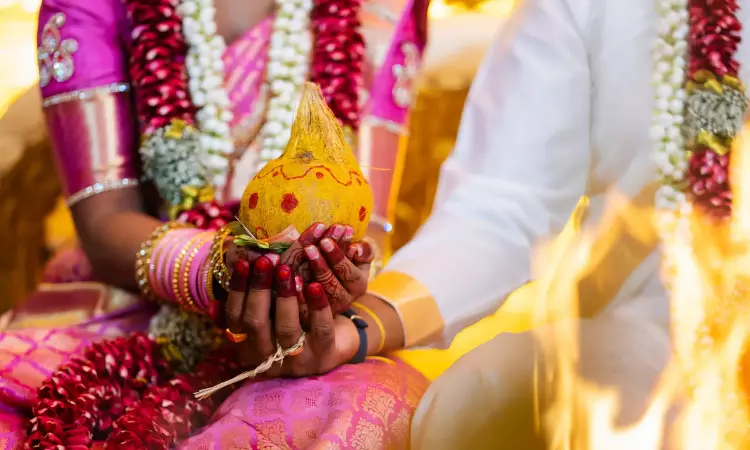Hindu Marriage Can't Be Dissolved By Unilateral Declaration Executed On A Stamp Paper: Allahabad High Court
Sparsh Upadhyay
11 March 2024 12:14 PM IST

Next Story
11 March 2024 12:14 PM IST
The Allahabad High Court has held that a marriage between two Hindus can be dissolved only by modes recognized by the Hindu Marriage Act and that it can't be dissolved by a unilateral declaration executed on a stamp paper.A bench of Justice Subhash Vidyarthi observed thus while dealing with a Criminal Revision plea filed by a Husband challenging the order of the family court directing him to...
